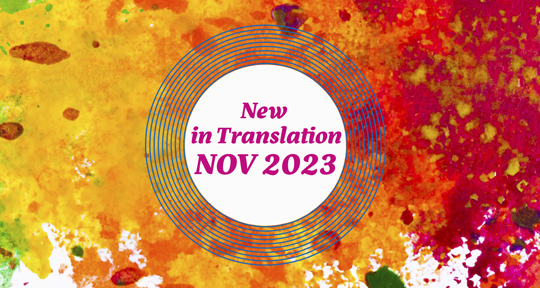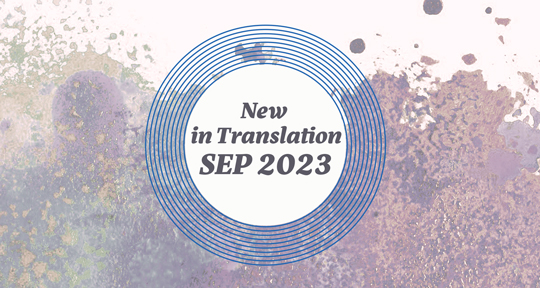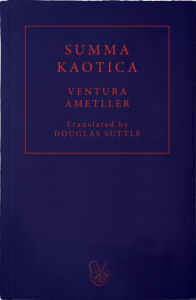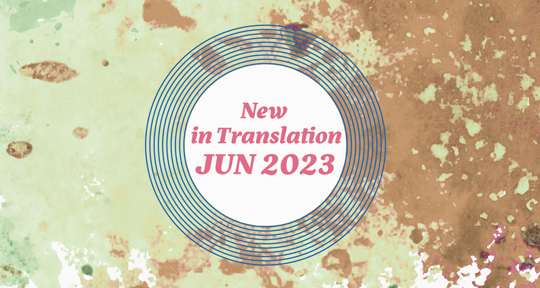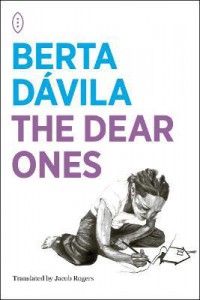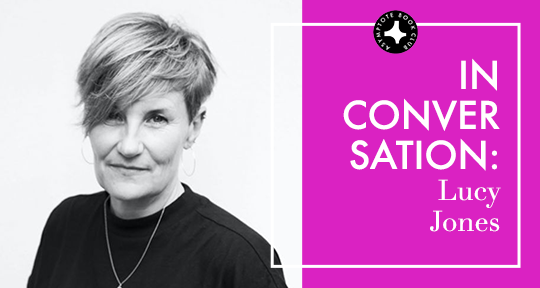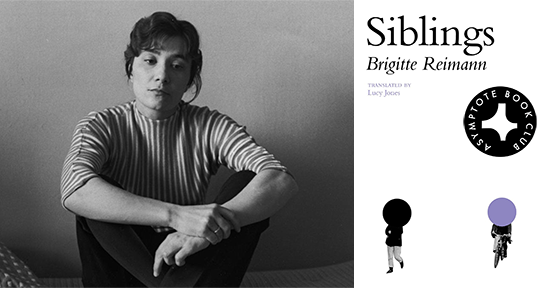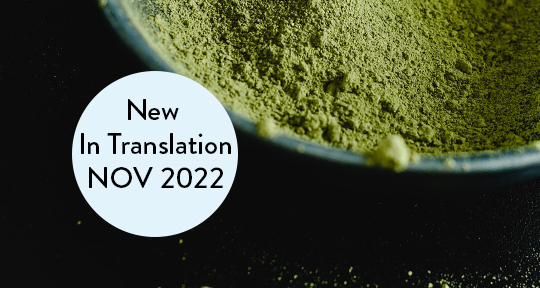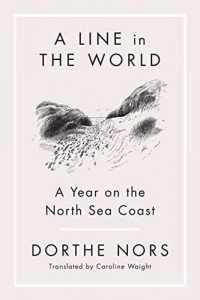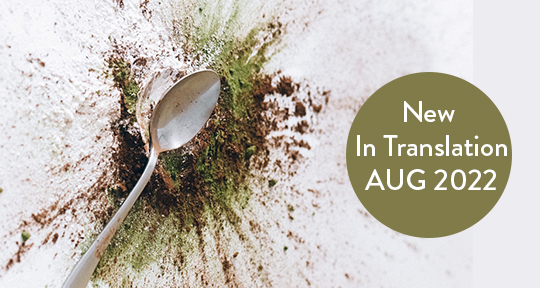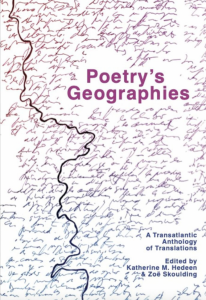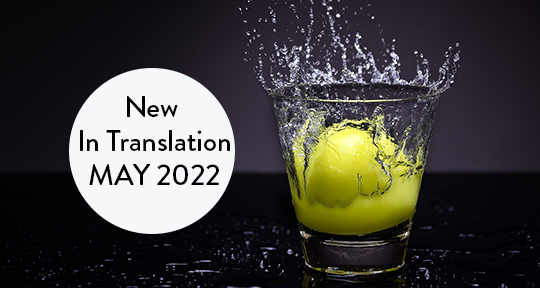In this month’s round-up of new and noteworthy titles from around the world, our editors dive in to a lyrical, transcendent, and multidisciplinary collection from the founder of neoconcretismo, Hélio Oiticica, and a sensuous, genre-bending queer love story of from José Luis Serrano. Read on to find out more!
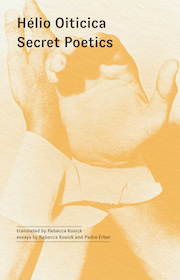
Secret Poetics by Hélio Oiticica, translated from the Portuguese by Rebecca Kosick, Winter Editions/Soberscove Press, 2023
Review by Sofija Popovska, Editor-at-Large for North Macedonia
How can we eternalize the moment without petrifying it? How can words convey its temporal unfolding while retaining the anatomy of that process, a duration that has no discernible borders? A possible answer can be found in Hélio Oiticica’s Secret Poetics, translated from the Portuguese by Rebecca Kosick. In this collection, the reader is invited to experience a gallery of the ephemeral: the motion of a plunge into water; the cold, vexing, soon-to-be-over wait for the arrival of a lover; the tidal separations and interlacings of limbs and lips in an amorous embrace… Like a gifted translator, Oiticica recasts the transient into another medium—words and silences—while remaining true to that fleeting essence: to, in his own words, “immediacy that becomes eternal in lyrical poetic expression”.
In the preface, where she thoroughly examines the correspondences between Oiticica’s poetry and his visual work, Kosick reveals that his output has been termed “unclassifiable”. Its hybridity goes deeper than the blurring of genre distinctions (Oiticica’s practice “included painting, sculpture, installation, performance, filmmaking, and writing”), and this artistic output itself constitutes moments of coalescence and transformation. While his earlier pieces, a series of paintings, contained “a suggestion of movement, even dance,” Kosick notes that his “later artworks would literalize this proposition”. In 1959, Oiticica and a group of his contemporaries launched the “neoconcrete” movement, creating three-dimensional art installations designed to be interacted with by the audience. Composed of objects that could be rotated, worn, opened, and reached into, these installations “not only dissolved the distance between spectator and art object but collapsed the very binaries structuring the differentiation of subject and object”. Kosick explains that the experiences of the pieces redefined “the work of art as ‘a being’ whose meaning would ‘flourish’ via phenomenological encounter with its audience-participants”. READ MORE…

